Thirumurugan Gandhi Faces Backlash for Criticizing ‘Amaran’ and Misrepresenting Indian Army’s War Cry
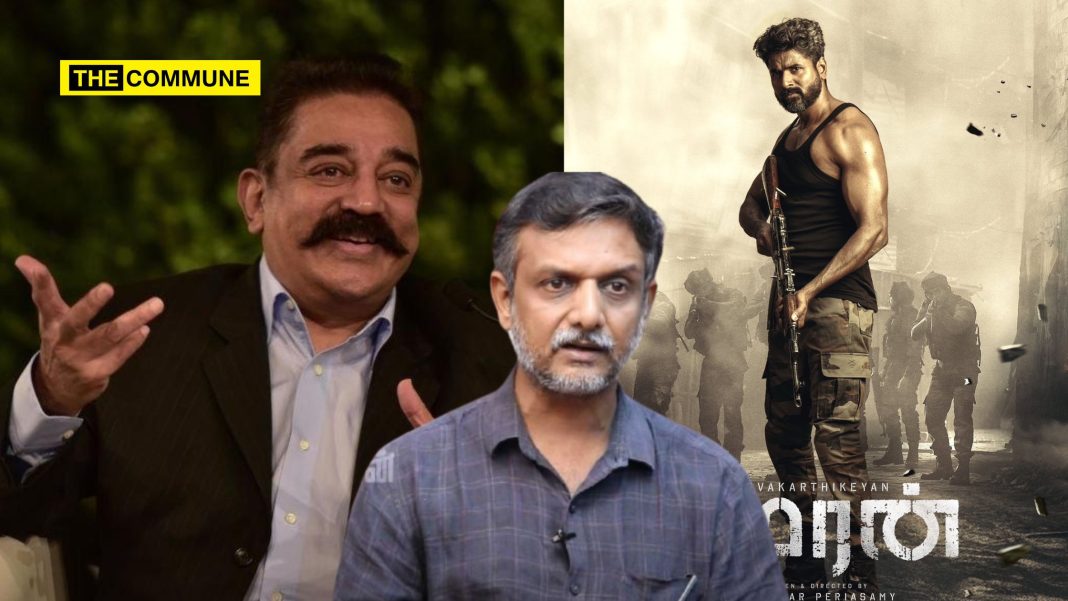
In Tamil Nadu, tensions are escalating among various ideological groups following the release of the film ‘Amaran,’ which celebrates the life of Indian Major Mukund Varadharajan, a martyr in a counter-terror operation in Shopian, Kashmir. The sentiment of nationalism ignited by the film has raised concerns for a coalition of leftists, Islamists, and Dravidianists, who have struggled to counter the public’s growing fervor. Initially, they branded the film as “Islamophobic,” a claim that many dismissed as groundless, resulting in protests among Muslim leaders calling for a ban.
The discourse took a new turn when Thirumurugan Gandhi, known for his extreme left and separatist sympathies and founder of the May 17 Movement, publicly condemned the film. Gandhi raised objections regarding a scene depicting Indian Army soldiers chanting “Jai Bajrangbali,” questioning its validity as a battle cry for the military. This slogan is, in fact, used by certain units within the Indian Army, but his criticisms portray a lack of knowledge about military traditions.
At a recent press conference, Gandhi contended that the film portrays the entire Kashmiri population as adversaries, labeling this narrative as one-sided and detrimental to Kashmiris’ rights. He asserted that such portrayals reflect a political bias and demanded accountability from the film’s producers and directors.
In a further critique, Gandhi condemned the support the film received from Seeman, the leader of the Naam Tamilar Katchi, who had invited Kashmiri separatist figure Yasin Malik to a conference. He highlighted this as a contradiction, questioning the consistency of Seeman’s political stance. Regarding Major Varadarajan, Gandhi contested the depiction of the soldier shouting “Jai Bajrangbali” before combat, arguing that the expression of religious slogans is inappropriate in a diverse military institution structured around unity.
Gandhi has been vocal in his belief that such portrayals contribute to anti-Muslim rhetoric, alleging that film director and actor Kamal Haasan promotes a Hindutva ideology through his works. He suggested that Haasan consciously avoids themes that relate to the struggles of ordinary Tamil citizens in favor of controversial subjects that fuel division and stir political animosities.
The controversy surrounding Gandhi’s remarks has incited backlash on social media, with users accusing him of spreading misinformation and detracting from the Indian Army’s traditions. Critics have taken to various platforms to reaffirm the patriotic origins of military battle cries, emphasizing the significance of these phrases in fostering unit identity and morale among troops.
Netizens have pointed out that each regiment in the Indian Army has its own unique slogan or war cry that reflects cultural, regional, and historical contexts, crucial for building esprit de corps. From the Gorkha Rifles’ “Jai Maa Kali, Ayo Gorkhali” to the Rajput Regiment’s “Bol Bajrangbali Ki Jai,” these cries are emblematic of the diverse fabric of the Indian military landscape, celebrating the dedication and valor of soldiers.
Veterans have also weighed in, with outspoken condemnation of Gandhi’s remarks as attempts to distort the image of the armed forces, threatening communal harmony. They assert that any misrepresentation of the military’s honor is intolerable to the Indian public.
As this debate unfolds, it reflects broader societal tensions and the divergent perspectives within Tamil Nadu regarding nationalism, identity, and representation in media. The ongoing discourse highlights the challenges of reconciling differing political ideologies in a region marked by complex historical narratives and communal dynamics.



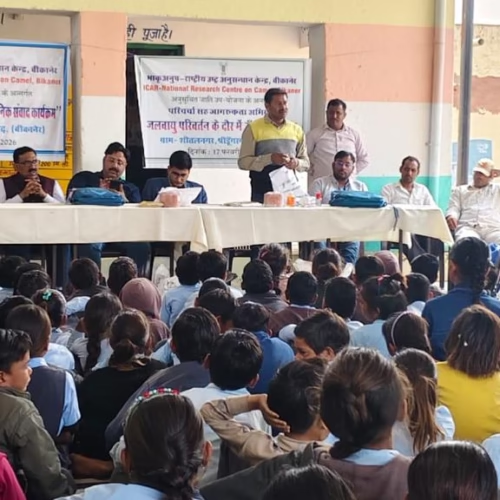
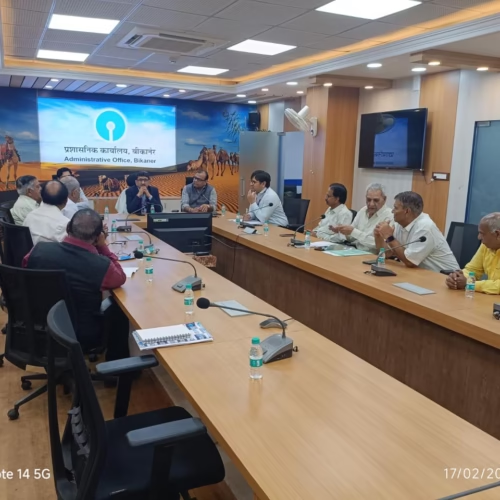
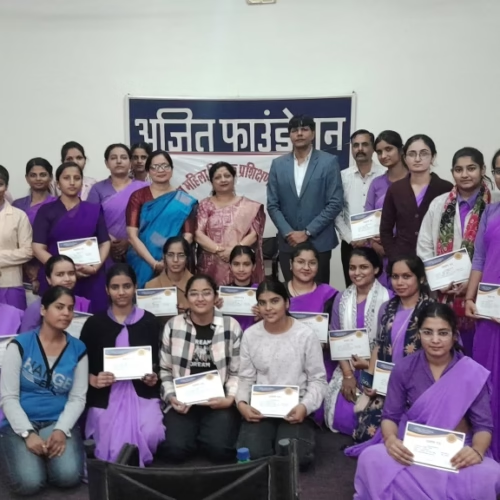

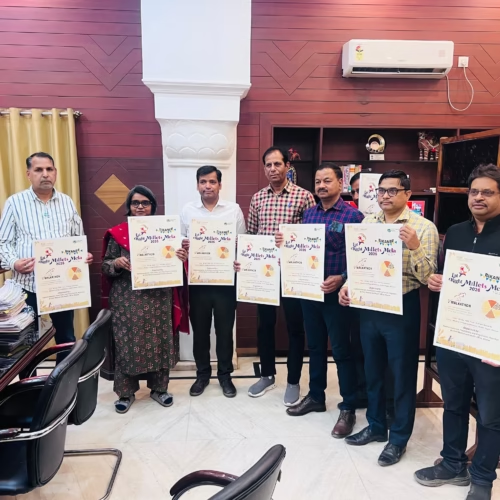
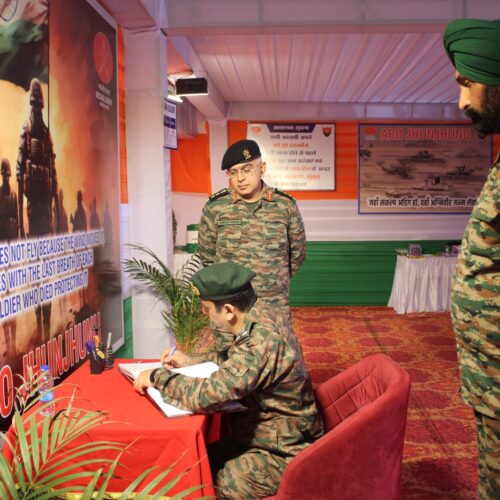
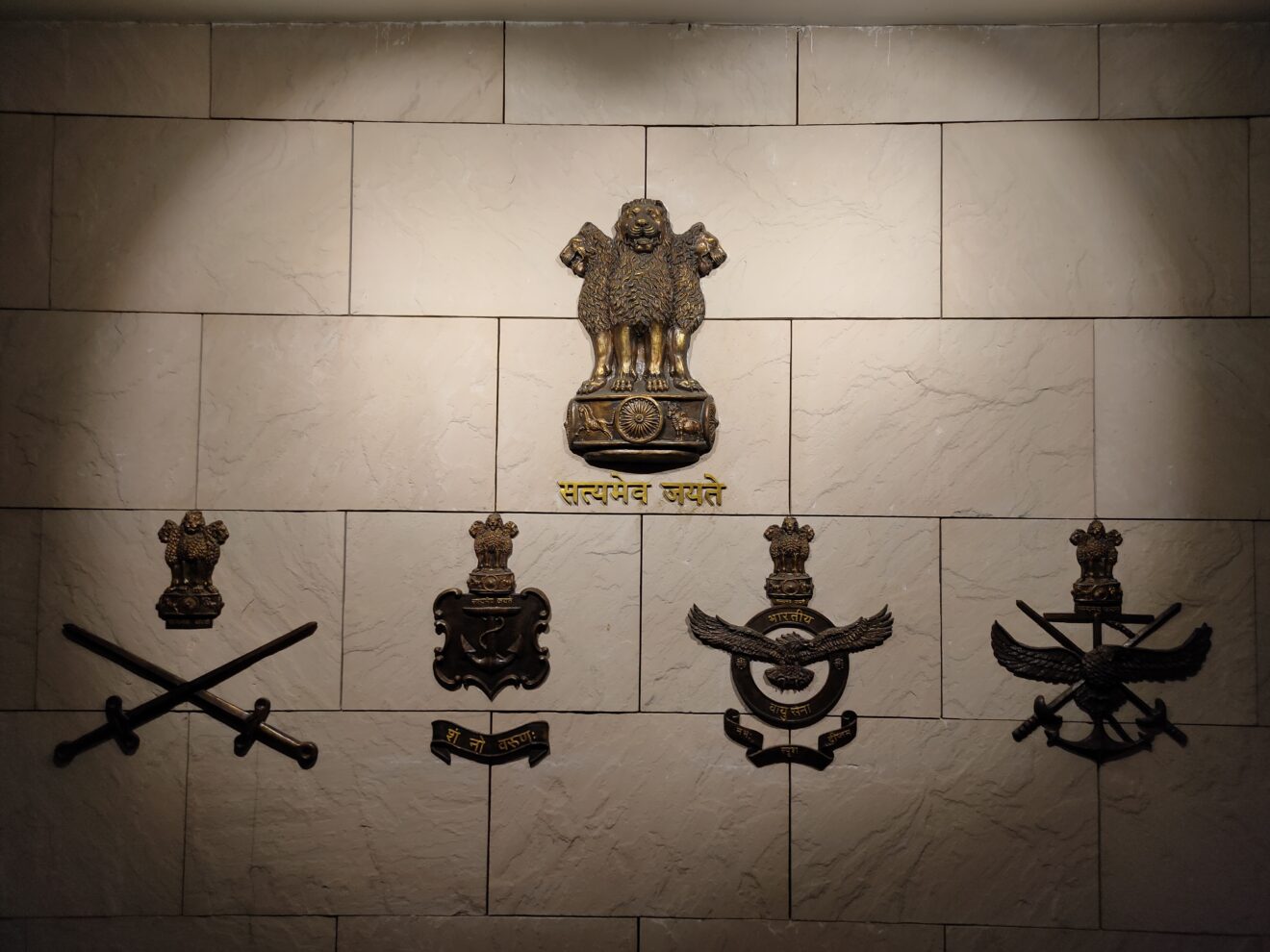



Add Comment